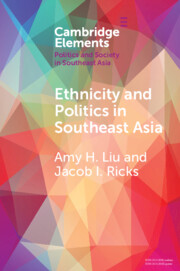The Cornelius incident (Acts 10.1–11.18) has traditionally been read as a narrative marking the abolition or transgression of Jewish food and purity laws in early Christianity. Strong halakic statements made by Peter himself and by some of his opponents in fact seem to claim that halakic norms have been abrogated or violated. The article suggests however that these statements should not be read as accurate descriptions of facts, but instead as examples of ‘unreliable narration’: using this technique, a narrator deliberately introduces misjudgements and distorted perceptions of reality on the side of his main character in order to temporarily mislead his readers, only to unmask the deception in the later course of his narrative. It turns out that Peter's refusal of food offered in a vision as well as his halakic judgements on the ‘impurity of gentiles’ and the prohibition of table fellowship are misconceptions, based not on biblical pretexts or Jewish halakah, but purely on social convention. The narrative therefore does not describe the abolition or transgression of halakic boundaries, but invites the reader to make a proper distinction between halakic boundaries (which are to be kept) and social conventions (which in this case need to be transgressed).


